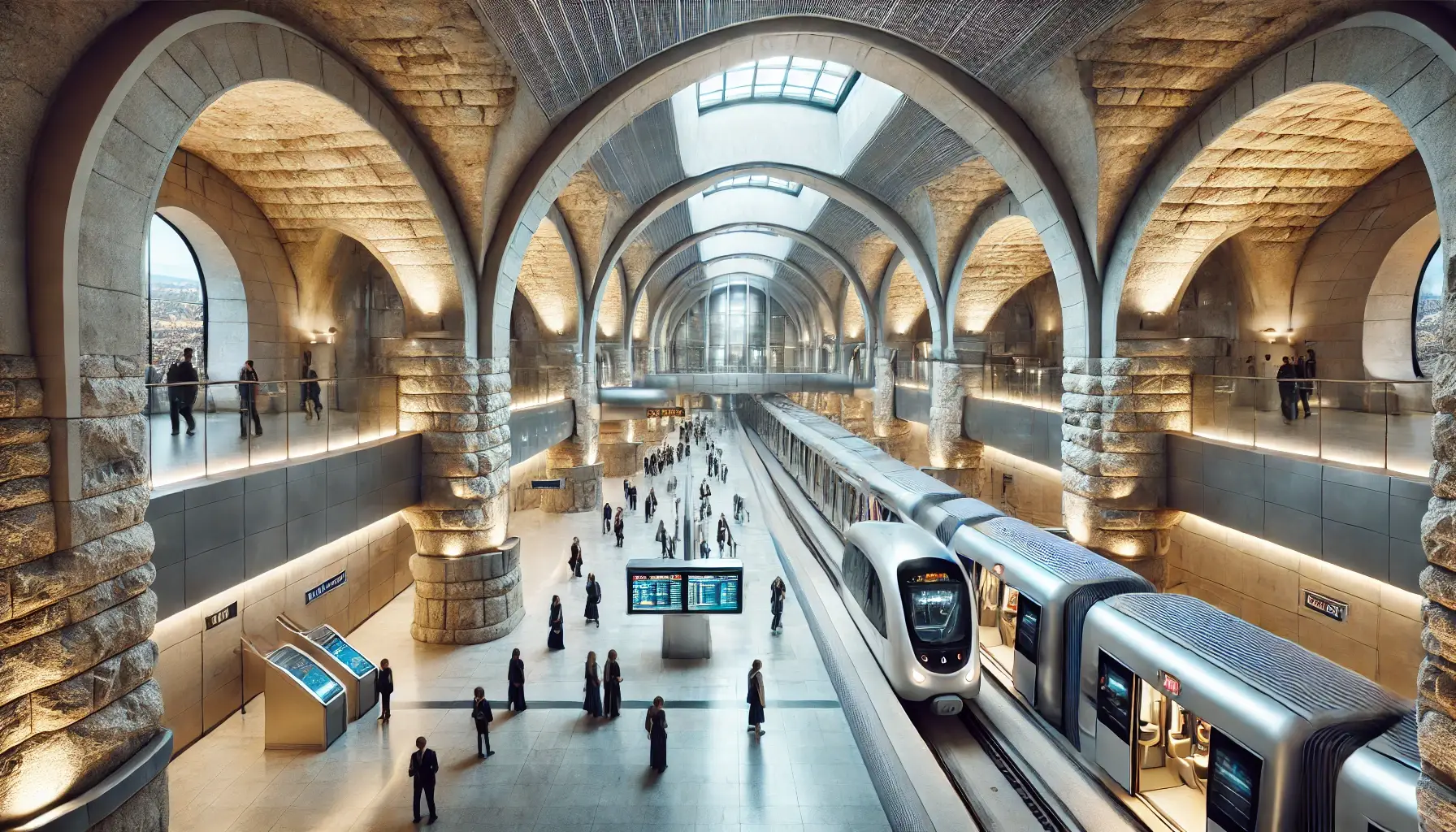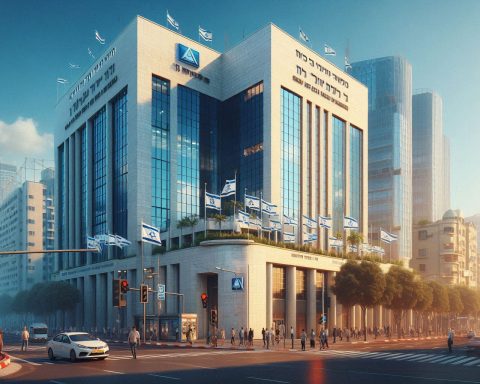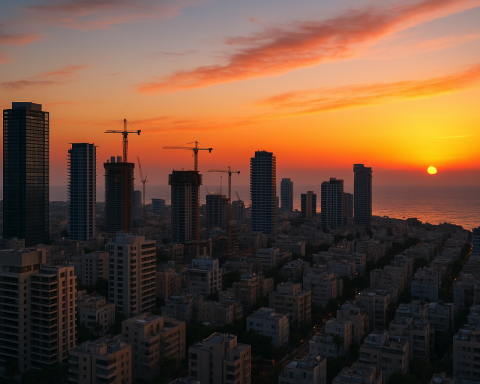 A Metropolitan Area of 5 Million: Jerusalem in 2050
A Metropolitan Area of 5 Million: Jerusalem in 2050
A comprehensive plan for Jerusalem was unveiled during a regional planning committee meeting, offering a vision for the city’s urban growth and infrastructure by 2050. The plan envisions a new metro system and the addition of 220,000 housing units to support a population increase of nearly 800,000 people.
Accelerated Population and Urban Growth
By 2050, Jerusalem’s population is projected to reach 1.8 million, up from around 1 million today. Population density is also expected to nearly double, from 7,662 to approximately 14,220 residents per square kilometer. This development requires strategic urban planning to balance increased density with quality of life.
The Metro: A Key Transportation Project
The centerpiece of this plan is the construction of a Jerusalem metro, estimated to cost several billion shekels. According to Planning Bureau Director Rafi Elmalich, this project will leverage lessons learned from the Gush Dan metro to streamline the process and avoid previous mistakes. The first phase will include two lines covering 28 kilometers and 29 stations, with the option to add a third line later.
Impact on the Real Estate Market
The projected population increase will drive significant demand for housing. Approximately 220,000 new residential units are expected, mainly through urban renewal projects. This will include units designated for different communities, with around 130,000 for the Jewish population, 50,000 for the Arab community, and 40,000 for the ultra-Orthodox community.
Expanding Metropolitan Areas
The plan also includes nearby cities such as Beit Shemesh, Ma’ale Adumim, and Givat Ze’ev, with a target of reaching nearly 5 million residents in the greater Jerusalem metropolitan area by 2050. This growth will transform the region into a vibrant urban center requiring new infrastructure and advanced transportation solutions for enhanced connectivity.
Updating and Adapting the Urban Strategy
Jerusalem’s development strategy, which has not been updated since 2014, will be revised to meet new challenges and incorporate necessary changes in infrastructure and housing. This strategic plan includes initiatives to reinforce infrastructure and accommodate the needs of a growing population while preserving Jerusalem’s historic and cultural identity.







